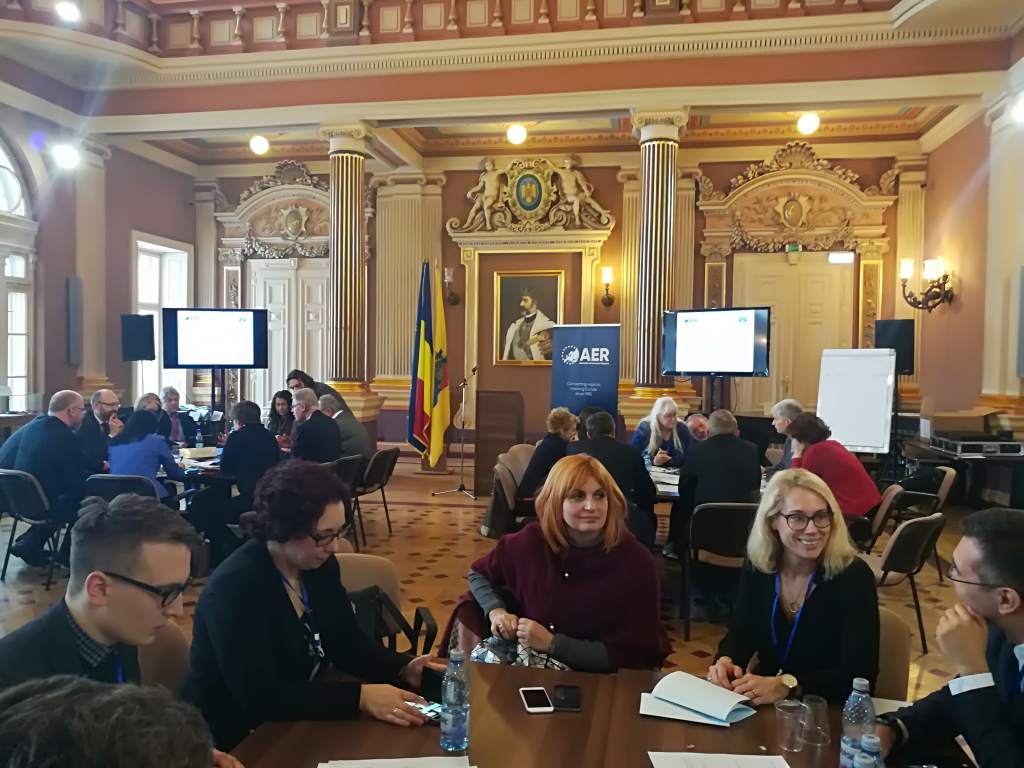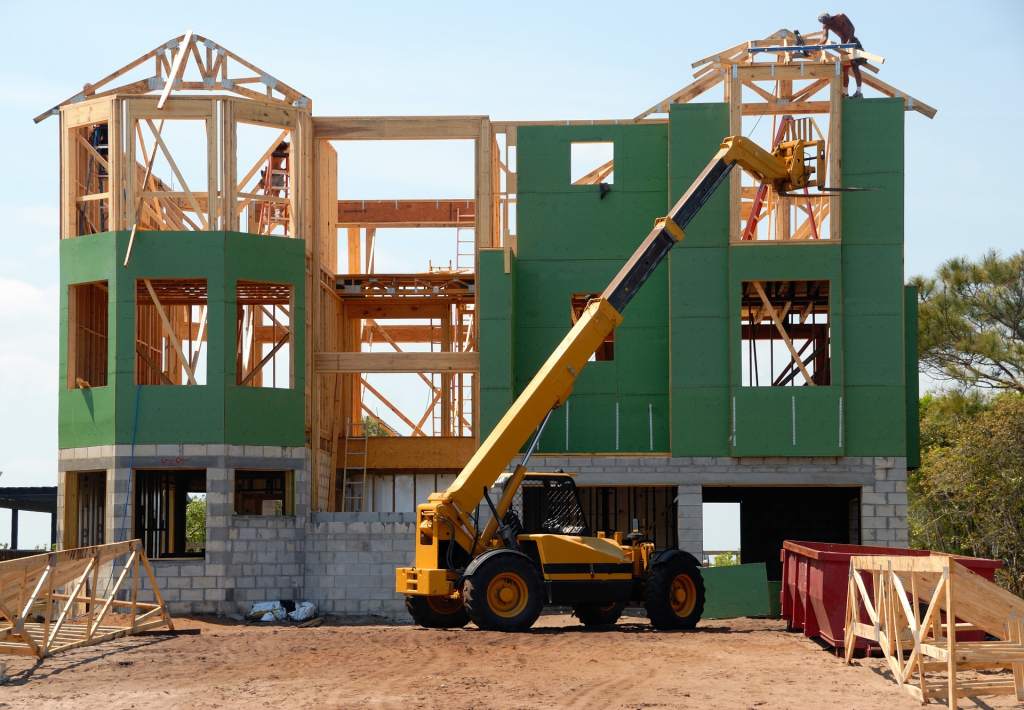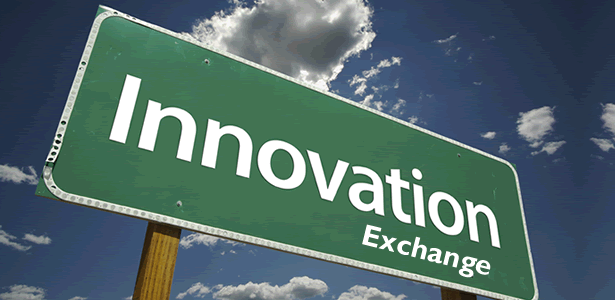Autumn plenaries : message from the Election Committee

During the 2018 Autumn Plenaries in Vojvodina, elections will be held. With views to the preparation of these elections, the Election Committee wishes to inform AER members about open positions. ... Read More










